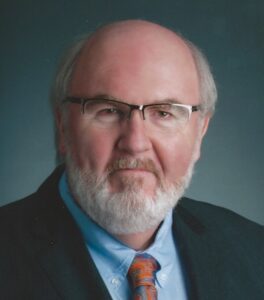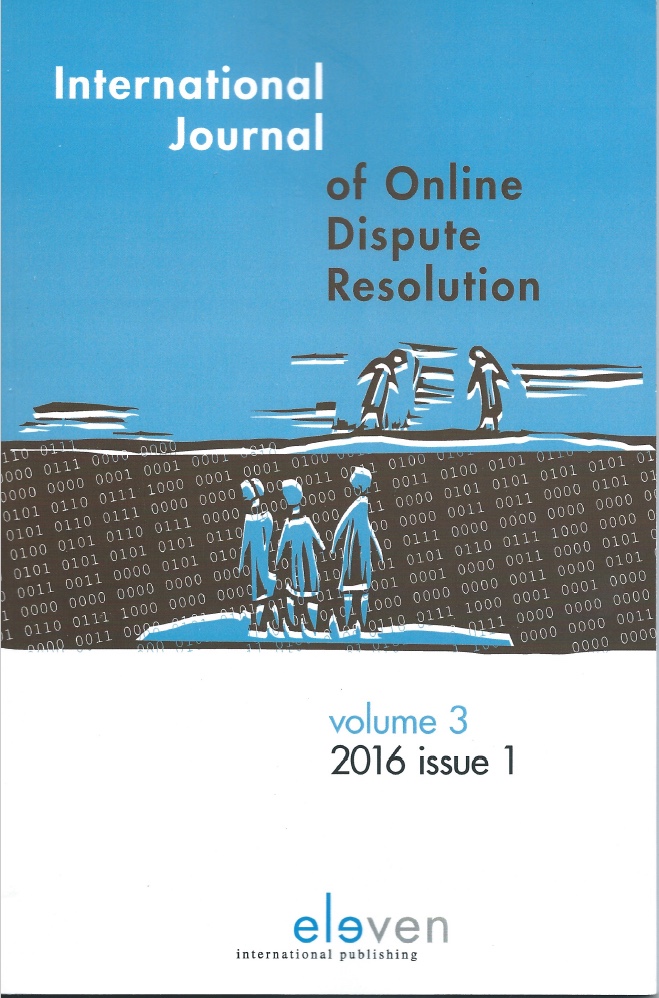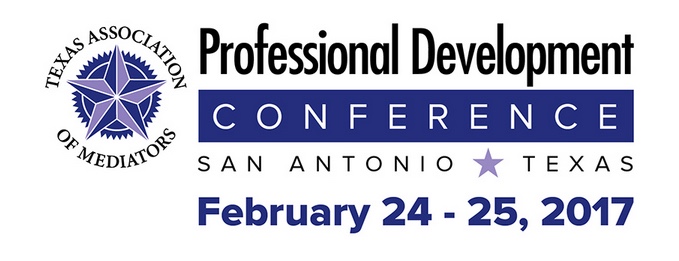IJODR
The latest edition of the International Journal of Online Dispute Resolution has been published – I served as the editor-in-chief for this volume. The next edition of the journal should be published concurrent with the June, 2017, International Forum on Online Dispute Resolution. Here is my editor’s introduction to the current volume:
This edition of the Journal has three points of focus, all relevant to the continuing development of Online Dispute Resolution, and the integration of technology into all aspects of conflict engagement.
First, the ODR Forum in China prompted commentary from two experienced ADR and ODR scholars and practitioners. Carrie Menkel-Meadow and Colin Rule, through a point–counterpoint exchange, explore the fundamental question of whether Online Dispute Resolution is Alternative Dispute Resolution. Menkel-Meadow has been referred to as one of the ‘mothers’ of Alternative Dispute Resolution, and Colin Rule was certainly ‘there at creation’ for Online Dispute Resolution, so it is hard to imagine two worthier advocates to debate where the continually blurring line between ODR and ADR now lies.
The second point of focus is the ongoing discussion of the state of ethics and standards of practice related to the use of technology for conflict engagement. Leah Wing, Co-Director of the National Center for Technology and Dispute Resolution, has contributed an essay addressing ‘Ethical Principles for ODR’. Her essay approaches the subject of ethics and standards with the broadest view, discussing the general ethical principles that, she argues, should guide the development and practice of ODR. Daniel Rainey and his students at Southern Methodist University (SMU) have produced a set of Model Standards for the practice of mediation, annotated to address the impact of using information and communication technology to conduct mediation. Their work is framed by the basic Model Standards approved by the Association for Conflict Resolution, the American Bar Association and the American Arbitration Association. Susan Nauss Exon, Professor of Law and former Dean at La Verne College of Law, joined the SMU group and added annotations and recommendations regarding revision of the Model Standards, and perhaps creation of a new set of Model Standards for fourth parties.
Finally, two articles address the impact of ODR in international environments, one commercial and one more traditionally oriented to ADR. Jie Zheng discusses the role of ODR in commercial disputes in China, while Frank Fowlie, the inaugural Ombudsman for ICANN, recounts his work with the Ombudsman of Balochistan, Pakistan. In both cases, the ability to integrate technology into complex dispute resolution systems in varied cultural contexts demonstrates opportunities for the future of ODR.



